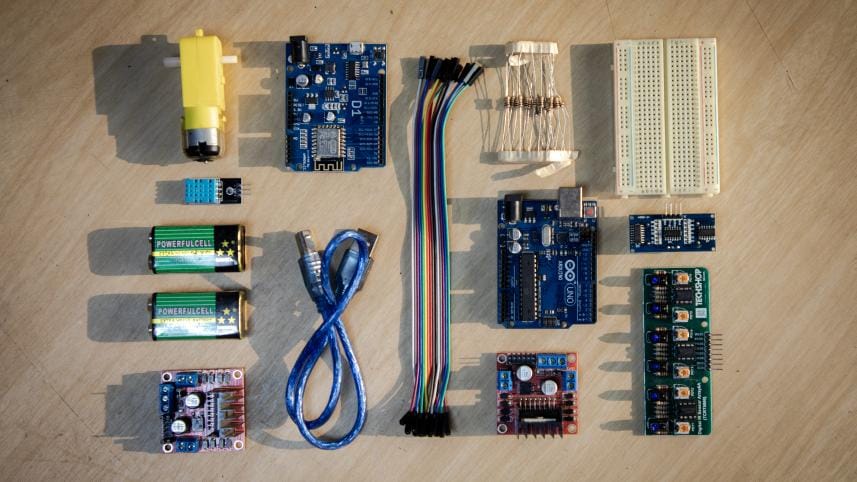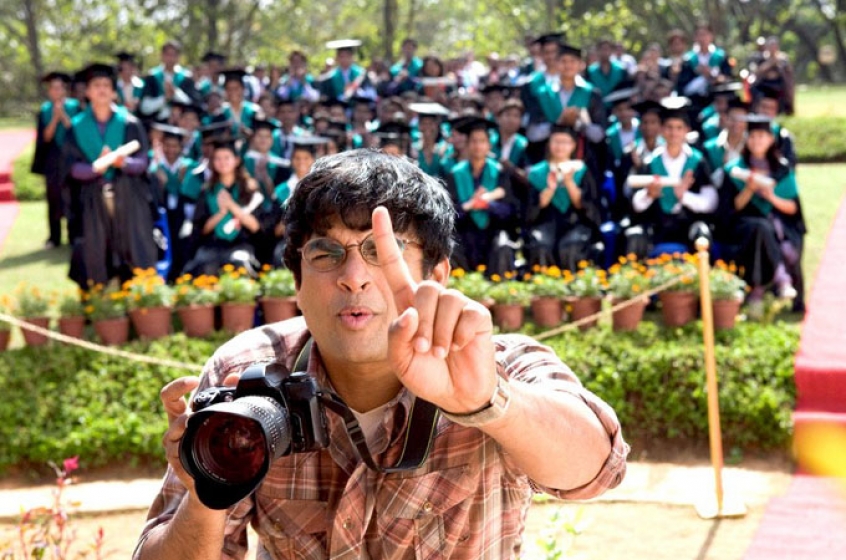Getting started with your first electronics project

Starting your first electronics project can be a very daunting prospect. Whether it is a part of your course work or something you want to do for fun, you need to follow a clear plan to execute your vision. Here are some guidelines you can follow to create your first electronics project.
The first and obvious step is to figure out what you want to create. It is good to undertake relatively easier projects as a beginner. Projects like building a traffic automation system, water level indicator, home security automation, and so on are best for starters. These projects require relatively simpler and basic parts and components like a breadboard, LEDs, multimeters, and such.
If you want to go for more complex projects, you can utilise microcontrollers like Arduino or single board computers like Raspberry Pi to create robotics projects or advanced structural automations. These kinds of projects require some programming knowledge, so make sure to acquaint yourself with the required coding language. Using Arduino Uno is the best option for beginner projects due to its versatility. Do sufficient research when selecting your projects, consider the feasibility, costs of tools, and available learning resources such as video tutorials, blueprints, and schematics.

Secondly, once you have decided on a project and assessed the costs, you need to gather components and parts for your project. You can try ordering components from online stores like TechShopBD, Leetechbd, RoboDoc, Robotics Bangladesh (RoboticsBD), and Udvabony. To account for any damaged tools or output errors, you might want to consider getting a few extra units of the same components.
You must take proper safety measures before starting your work. If you are doing the project for academic purposes, you might be able to use your university's labs which are already optimised environments. Additionally, you may also be supervised by your respective faculties in an academic setting so you will be receiving continuous guidance and feedback for your project.
But if you are doing the project by yourself at home or somewhere else, make sure to do your research to avoid complications. In projects where you might need to use a soldering iron, be extra careful. Likewise, there won't be anyone to give you insight on your progress and so, it will be up to you to keep track of everything that's happening. Focus on building the prototype first and do your required testing and debugging. Know the basics like using the right amount of source current and utilising the right batteries (as high-power batteries tend to damage equipment).
These are just some tips you can follow during your first electronics project. Of course, depending on the type and scale of your project you might need to take extra measures. But you can use this article as a general guideline. First projects are always a bit confusing, but as long as you keep practicing, making errors, and learning to find solutions, you will eventually get the hang of it.



 For all latest news, follow The Daily Star's Google News channel.
For all latest news, follow The Daily Star's Google News channel. 
Comments